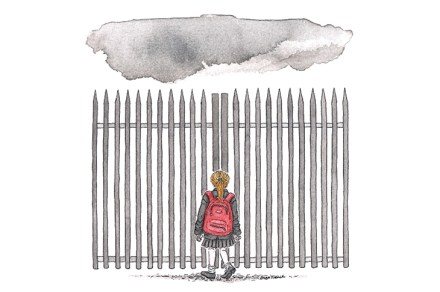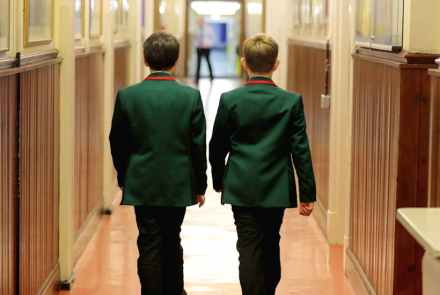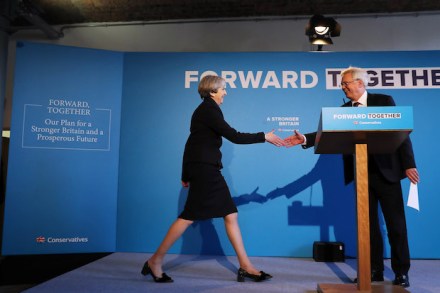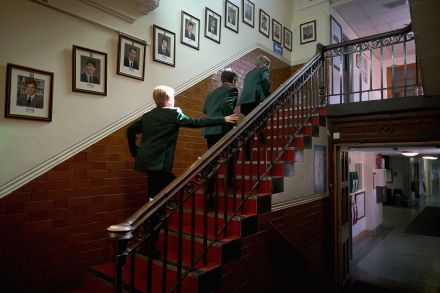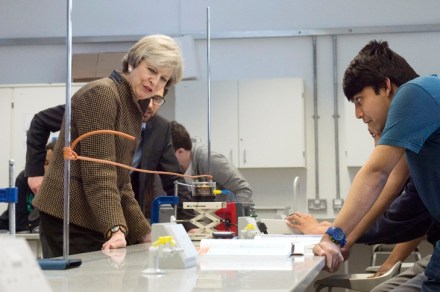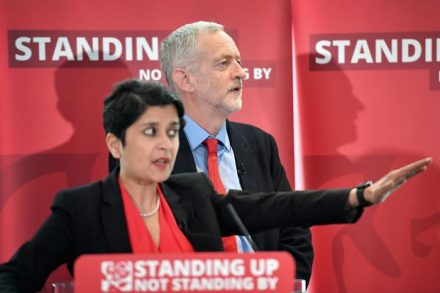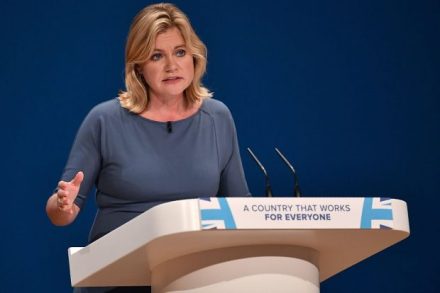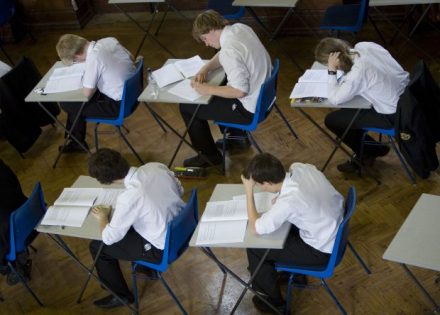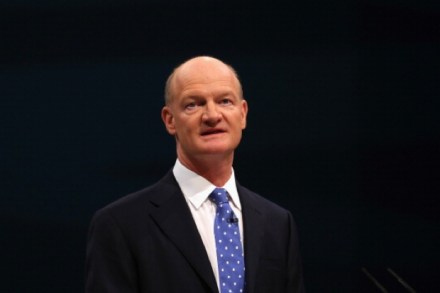Did I destroy my daughter’s prospects?
Every year, thousands of parents face the situation I did in 2014 when I realised that I could no longer afford to educate my ten-year-old daughter privately. At first, I didn’t panic. After all, I lived near some excellent state schools. After queuing for two hours one cold winter Saturday morning for Open Day, we learned that to gain a place at Holland Park you had to live within yards of it, or win a heavily oversubscribed art scholarship, which my daughter attempted — and failed. I still didn’t worry. Why should I have, when 93 per cent of children under 16 in England are educated in state schools? We
